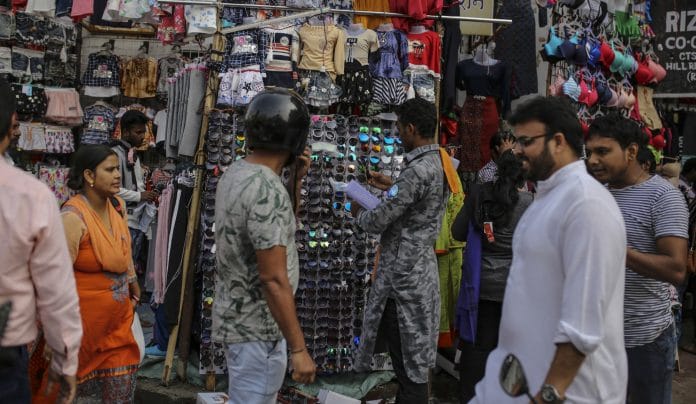New Delhi: India is drawing up a list of ‘must haves’ to enable it to forge ahead with a pan-Asian free trade agreement, as pressure mounts on the South Asian nation to conclude discussions to finalize the pact before end of the year, a senior government official said.
Trade ministry officials in New Delhi met late into the night on Thursday to discuss India’s demands and the concessions it’s prepared to offer, the official said, asking not not to be identified because they are not authorized to speak to the media.
India is under increasing pressure to complete negotiations and decide on whether it will be part of what could become the world’s largest trading bloc covering nearly half of the globe’s population. The issue has taken on new urgency with a weekend meeting in New Delhi involving representatives of the Regional Comprehensive Economic Partnership, known as RCEP, ahead of the final round of talks starting Sept. 19 in Danang, Vietnam.
Commerce ministry spokeswoman Monideepa Mukherjee wasn’t immediately available for comment.
Prime Minister Narendra Modi’s government is seeking to protect its stake across sectors to minimize the hit to goods exports, especially in agriculture and certain infrastructure industries. India has raised concerns about the lack of market access that led to trade imbalances with other nations covered by the agreement. Apart from differences with China, the South Asian nation has met resistance from countries including Singapore and South Korea over demands for easier movement of its citizens to help it push its services exports, the official said.
Also read: Failure to clinch stalled Asian trade pact RCEP this year could end up derailing it
“It is unfair to put all the blame for slow progress on India, as some other RCEP members try to do, for dragging its feet on tariff cuts,” said a Eurasia Group analysis led by Peter Mumford. “Other countries have not acquiesced to India’s demands for significant liberalization of services and movement of skilled labor,” the note said.
Yet, Modi’s stronger-than-expected election victory in May has not made the government less protectionist, citing the administration’s recent decision to review existing free trade agreements to assess their benefit, Mumford and his colleagues noted.
Delays to RCEP are not good news for a region facing increasing economic headwinds—despite its modest level of ambition, conclusion of the mega-trade pact would boost confidence in the short term and have a substantial impact in the longer term. Nevertheless, trade integration will continue in Asia.
Tensions between India and China have contributed to the delay in finalizing the talks, which have dragged on for seven years with India participating in more than 80 rounds of discussions with the 10-member Association of Southeast Asian Nations, as well as Japan, South Korea, Australia, New Zealand, and China. Earlier this month, Indian External Affairs Minister Subrahmanyam Jaishankar said India was skeptical over “unfair” market access and “Chinese protectionist policies.”
The Regional Comprehensive Economic Partnership was proclaimed “the world’s biggest regional free trade deal” when talks started in 2012. Delays could push signing of the agreement to 2020. – Bloomberg
Also read: India-China spat is delaying ‘the world’s biggest regional free trade deal’







Red, blue or green, Just do it. In areas where India has strengths, even if those services are not covered formally by RCEP, it should insist on preferential access, to help balance its $ 105 billion deficit, half of it with China. India simply cannot afford not to be part of this trading bloc.